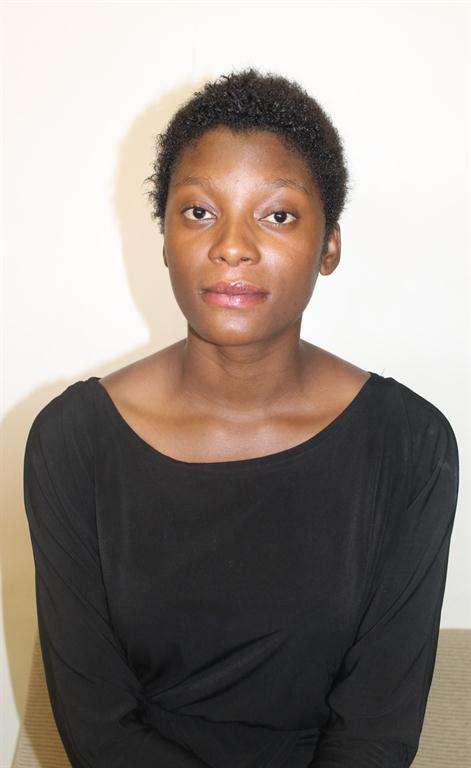Depression in the black society
A problem that has an impact on everyone
Frieda KalimboBefore I start with the matter at hand which is depression, let me first define it to get a better understanding of this epidemic. Depression is said to be a common and serious medical illness that negatively affects how you feel, the way you think and how you act. Depression causes feelings of sadness and a loss of interest in activities you once enjoyed. It can lead to a variety of emotional and physical problems and can decrease a person’s ability to function at work, school and at home. This article will discuss the causes of depression, the reasons why black people do not take depression as a serious condition in society, the importance of accepting depression and various ways of treating this condition.
Growing up in a black society, an expression of ones’ feelings is stereotyped to be “a white people’s thing”, and this type of behaviour is usually mocked, thus fewer black people talk about what is bothering them because they are afraid to be made fun of. Even though we do not admit to having depression, keeping our feelings hidden will eventually lead to this medical condition which can lead to suicidal thoughts or sometimes even suicide itself.
Depression can happen to anyone, those people who live comfortably, even those that are optimistic about life, and yes, to black people too. Depression is caused by issues faced on everyday basis in society which include: the death of a loved one, or someone very close to you. The loss of a job, the ending of a relationship, the failure of business endeavors and many other issues. One will not know that they are having depression, however there are several symptoms that indicate that the person may be suffering from depression, and if identified, you should seek help as soon as possible.
The reason why black people do not take depression to be a serious condition is because they are given seemingly positive stereotypes. One of the stereotypes is that "black people are always strong willed." It's said in movies, music, narratives and other forms of creative mediums. This type of thinking closes any chances for black people to speak about what's bothering them mentally. It's almost like a boy crying. When blacks are seen crying we're questioned with "Why are you crying?" Of course, expressing sadness when a family member passes is mostly accepted because it's "human." Death of a loved one is the removal of someone in your life, whether family or not; you bond with this person and created memories, so to cry is of course accepted.
But when it comes to facing a hardship, like failing at something or facing some sort of financial problem, black people have to remain strong because that's what we're "supposed to do." And even when we're shown to be weak we're told to pray to God for strength, but is it right?
Accepting that depression is a real medical condition that can happen to all of us is very important because it can help save many lives. This mental disorder can be treated and research showed that 80 to 90 percent of people with depression eventually respond well to treatment. Resulting to almost all patients gaining some relief from their symptoms. It is important to know that before a diagnosis or treatment, a health professional should conduct a thorough diagnostic evaluation to identify specific symptoms, medical and family history, cultural factors and environmental factors to arrive at a diagnosis and plan a course of action.
To face depression in the black community it is to face the stigmas that live over us every day. We have to realize that it's okay to not only recognize that we are susceptible to mental illnesses, but to talk about feeling sad about something. We have to recognize it is not weak to feel sad.





Comments
My Zone
No comments have been left on this article